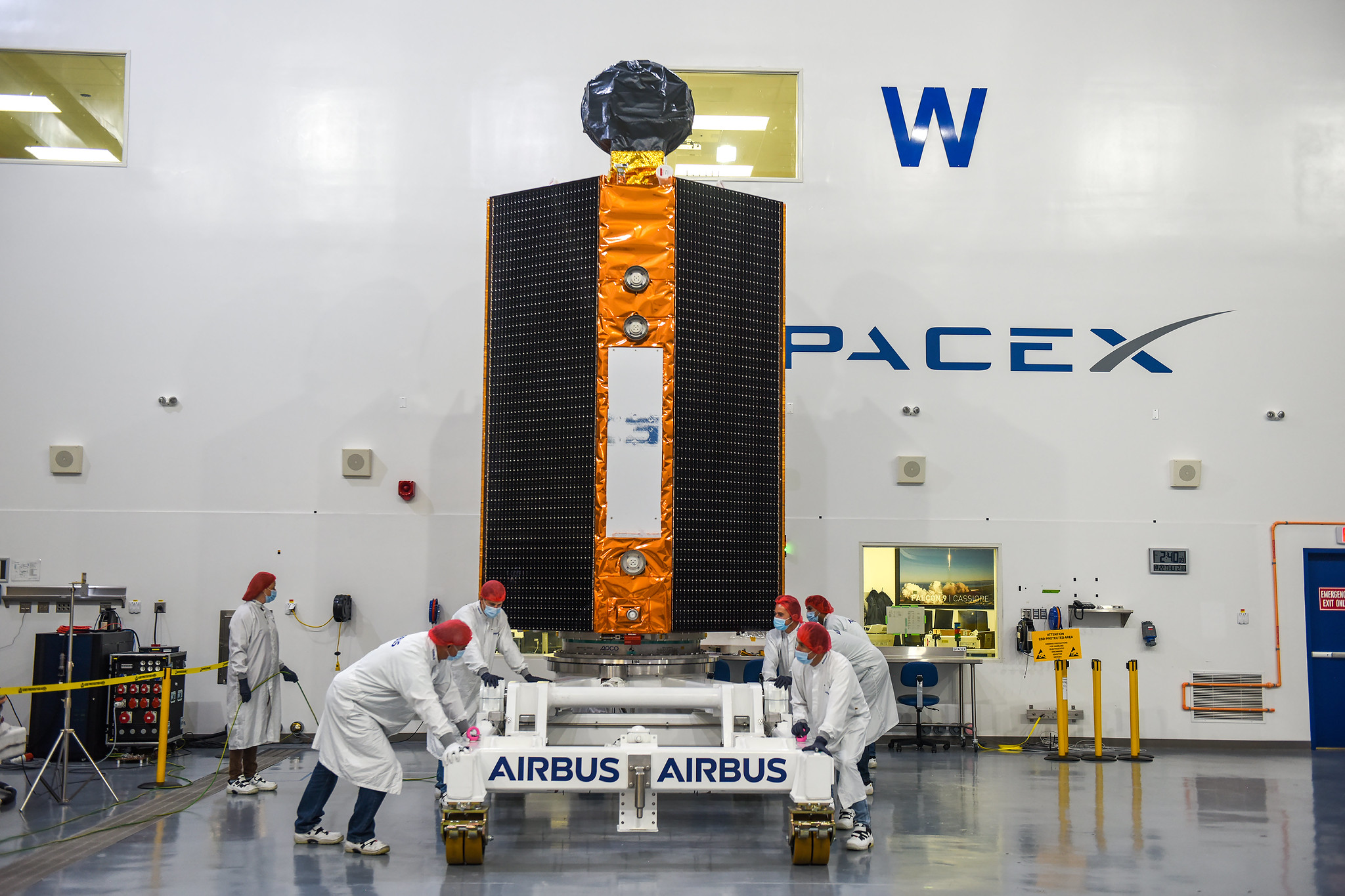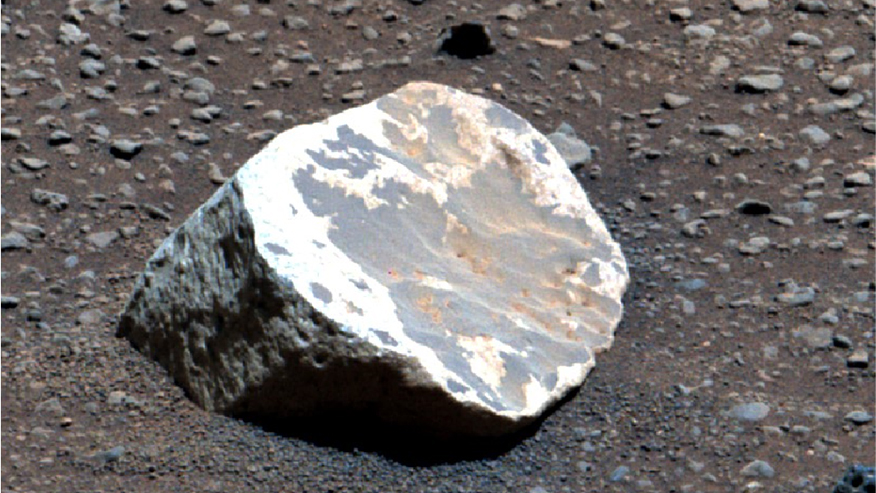NASA, SpaceX delay launch of Sentinel-6 ocean-mapping satellite to Nov. 21
It's a nearly two-week delay.

An ocean-monitoring satellite will have to wait at least 11 extra days to get into space.
The U.S.-European Sentinel-6 Michael Freilich satellite mission is now expected to launch on Saturday, Nov. 21 at 12:17 p.m. EST (1717 GMT) from Vandenberg Air Force Base in California. That's a delay from the prime Nov. 10 launch date.
The SpaceX launch was delayed following problems with the Falcon 9 rocket line that stopped a GPS satellite launch for the U.S. Air Force on Oct. 2. So far, however, there is no delay for the first operational commercial crew mission, Crew-1, which will also use a Falcon 9 rocket to bring astronauts to the International Space Station. NASA added that the target launch date of Saturday, Nov. 14 for Crew-1 remains unchanged at this time.
Sentinel-6: This new satellite will help us understand climate change impacts
In a virtual press conference Oct. 16, NASA launch services program director Tim Dunn said SpaceX was working on resolving a rocket gas generator issue blamed for the GPS satellite launch abort. "As of today [Oct. 16] we have a path forward that allows us to do any necessary rework that would be required and maintain that Nov. 10 launch date," Dunn said during the press conference.
But in a more recent NASA release, the agency said SpaceX will use the delay to finish Merlin engine testing and inspections on the Falcon 9, in light of the abort.
"After completing engine testing and inspections, teams from NASA and SpaceX have determined that two engines on the Sentinel-6 rocket's first stage would need to be replaced to ensure optimal performance during launch," NASA said in the release on Tuesday (Nov. 3). "Work is now progressing to implement the engine change, and all engine hardware replacements will finish next week."
Breaking space news, the latest updates on rocket launches, skywatching events and more!
Sentinel-6 will join a fast-growing network of Earth observation satellites monitoring our planet's global warming. Some of the chief contributions of the new mission will be better understanding the sources of sea rise and the movements of deep ocean currents.
Follow Elizabeth Howell on Twitter @howellspace. Follow us on Twitter @Spacedotcom and on Facebook.

Elizabeth Howell (she/her), Ph.D., was a staff writer in the spaceflight channel between 2022 and 2024 specializing in Canadian space news. She was contributing writer for Space.com for 10 years from 2012 to 2024. Elizabeth's reporting includes multiple exclusives with the White House, leading world coverage about a lost-and-found space tomato on the International Space Station, witnessing five human spaceflight launches on two continents, flying parabolic, working inside a spacesuit, and participating in a simulated Mars mission. Her latest book, "Why Am I Taller?" (ECW Press, 2022) is co-written with astronaut Dave Williams.
